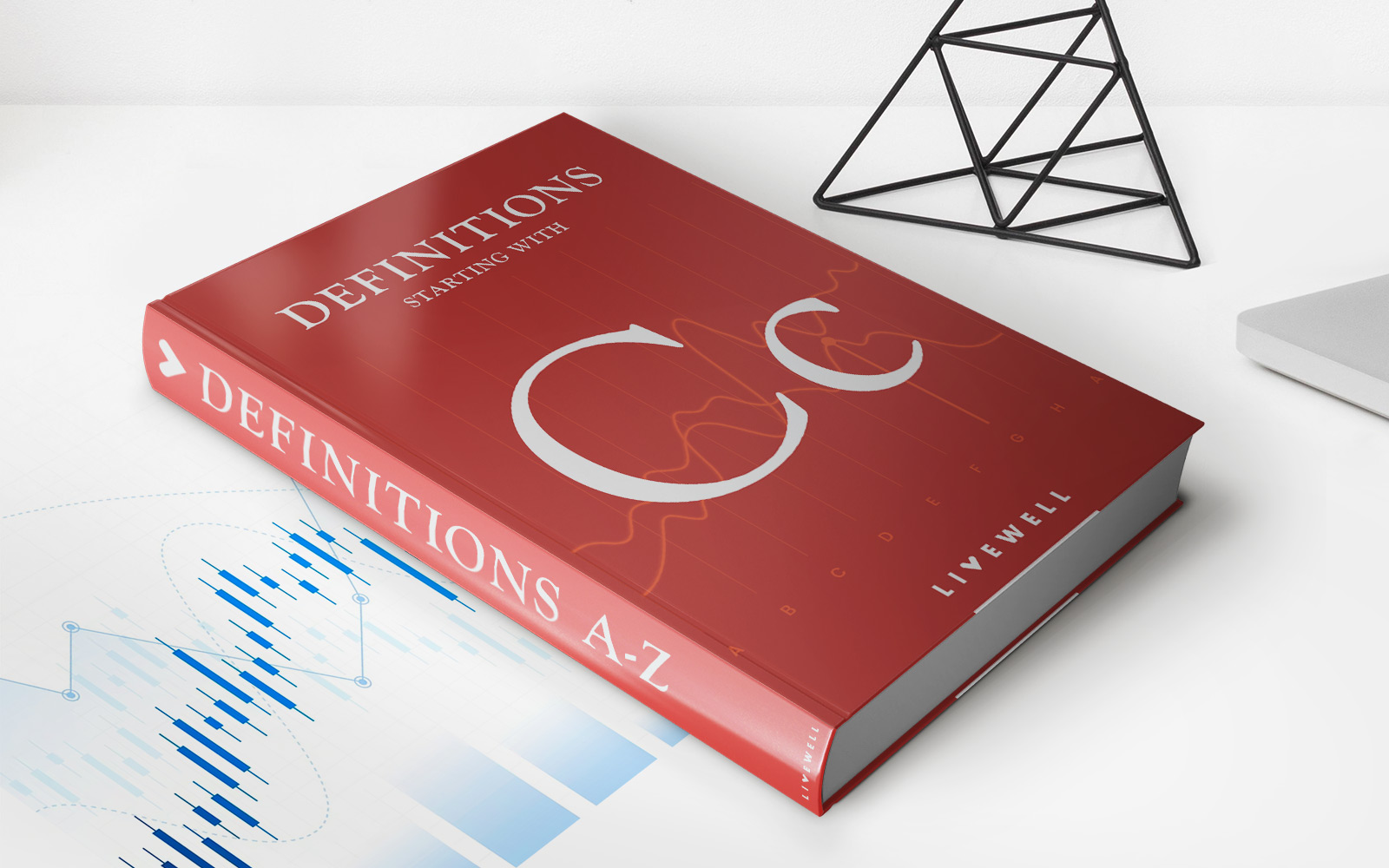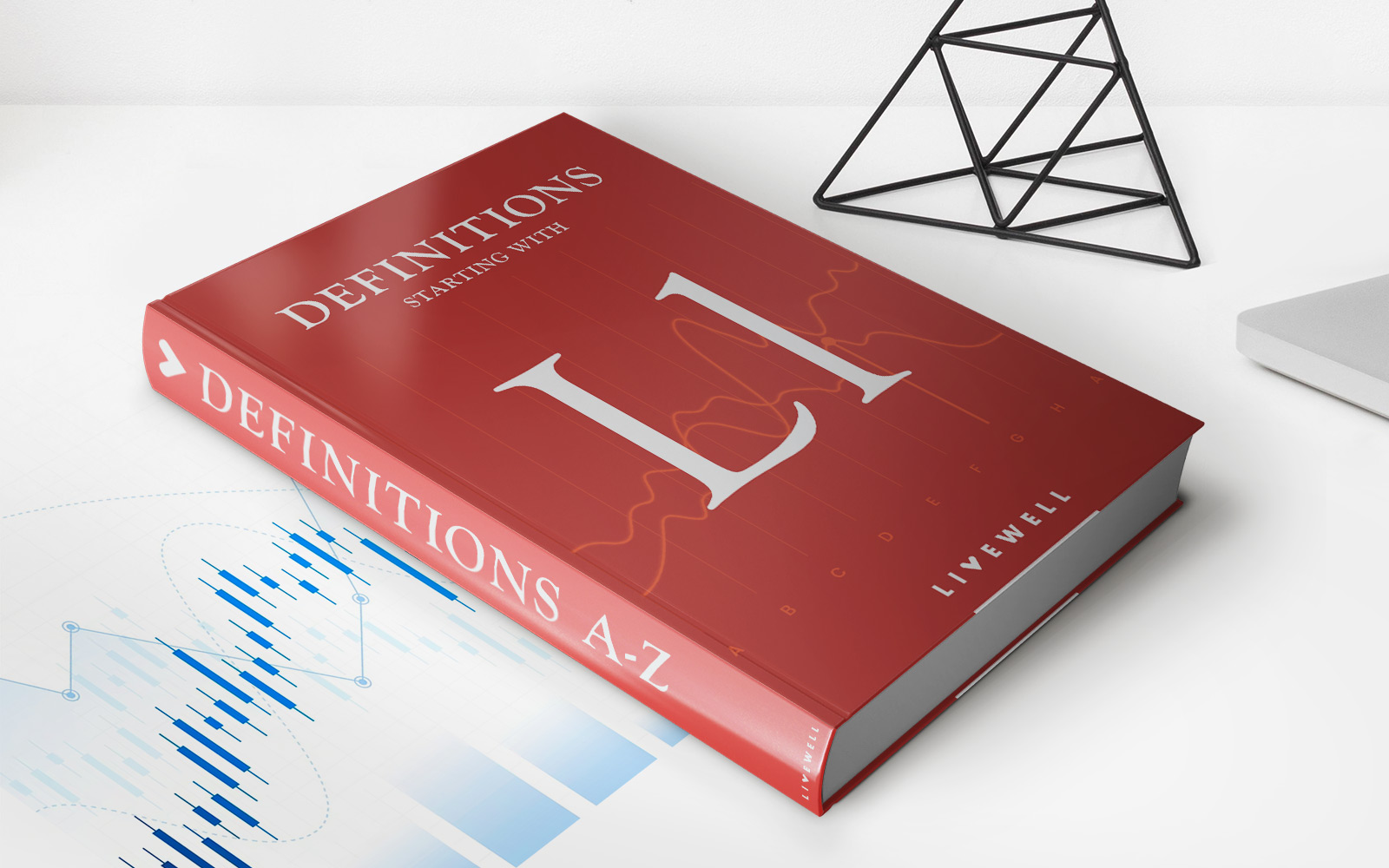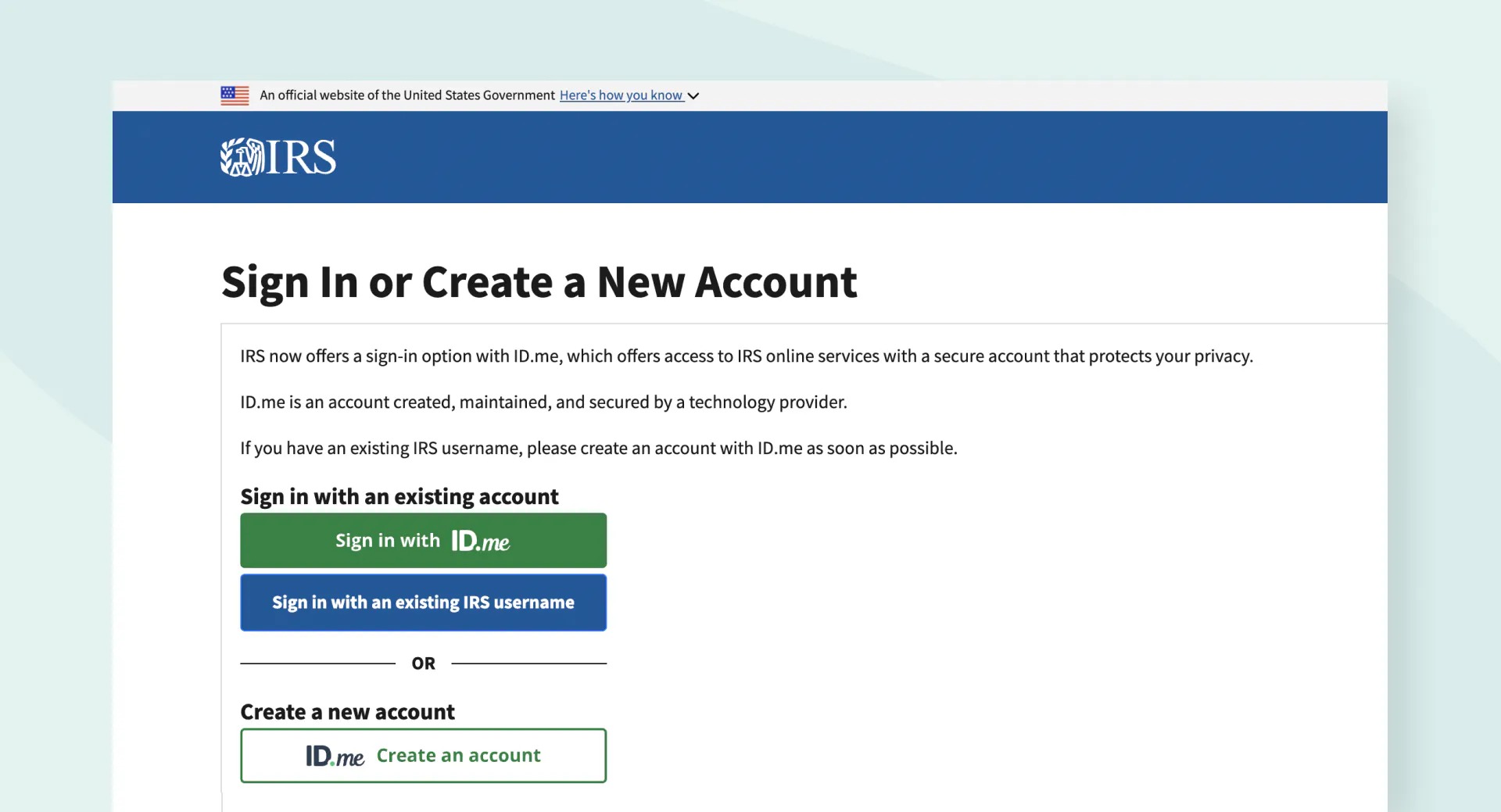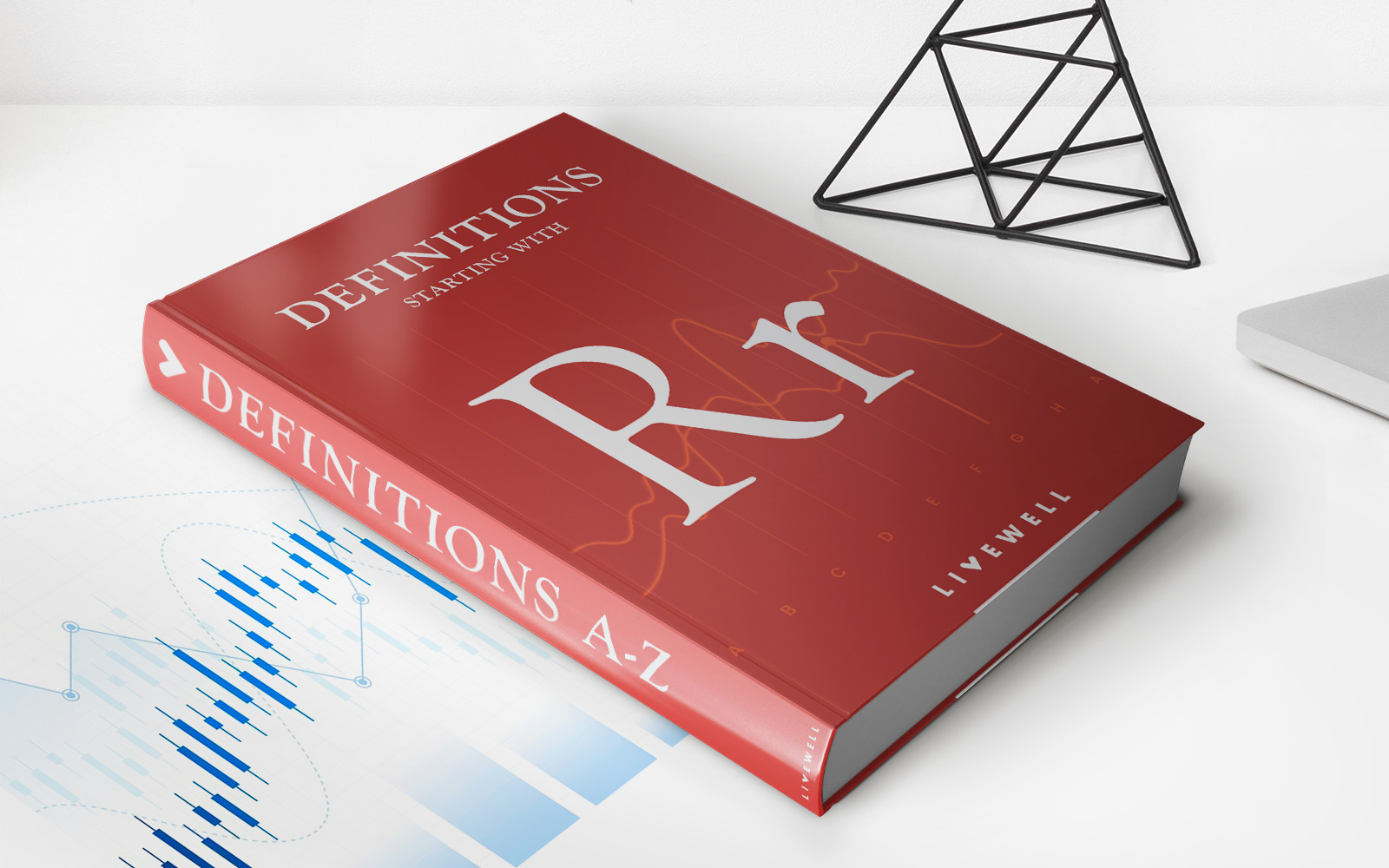

Finance
Czech Koruna (CZK) Definition
Published: November 7, 2023
Learn the definition of the Czech Koruna (CZK) in the finance industry. Explore its significance and usage in this informative guide.
(Many of the links in this article redirect to a specific reviewed product. Your purchase of these products through affiliate links helps to generate commission for LiveWell, at no extra cost. Learn more)
The Czech Koruna (CZK) Definition – Exploring the Currency of the Czech Republic
Welcome to our Finance category, where we delve into the world of currency, markets, and all things related to finance. In this blog post, we will focus on the Czech Koruna (CZK), the currency used in the Czech Republic. If you are curious about the CZK and its significance, read on to discover key insights and information about this fascinating currency.
Key Takeaways:
- The Czech Koruna (CZK) is the official currency of the Czech Republic.
- The currency is represented by the symbol “Kč” and is subdivided into haléřs (cents).
The CZK is the legal tender in the Czech Republic, a beautiful country located in Central Europe. As with any currency, understanding its definition, history, and current status is essential for anyone interested in finance or planning to visit this enchanting country.
What is the Czech Koruna (CZK)?
The Czech Koruna (CZK) is the official currency of the Czech Republic. It has been in use since February 8, 1993, when it replaced the Czechoslovak koruna following the peaceful dissolution of Czechoslovakia. The currency is issued and regulated by the Czech National Bank, which sets monetary policy and ensures the stability of the CZK within the country’s economy.
The currency is denoted by the symbol “Kč” and is further divided into haléřs (cents). One koruna is equivalent to 100 haléřs. While haléřs are still in circulation, their usage is minimal, and most transactions are rounded to the nearest koruna.
History of the Czech Koruna
The Czech koruna has a rich history that dates back to the early 20th century. It was first introduced in 1919 after the formation of Czechoslovakia, an independent state formed by the merger of Bohemia, Moravia, and parts of Silesia. The currency went through several transformations during its existence, including changes in its design and denominations.
After the peaceful separation of the Czech Republic and Slovakia in 1993, the Czech koruna was replaced with the Czech koruna (CZK) as the official currency of the newly formed Czech Republic. Since then, the CZK has remained the country’s currency, playing a vital role in its economic growth and stability.
Current Status and Exchange Rates
Like any other currency, the CZK’s value fluctuates in response to various economic factors. It is important to keep an eye on exchange rates when dealing with the CZK, whether you are a tourist, an investor, or a business owner. As of [insert date], the exchange rate of CZK to [insert desired currency] stands at [insert current exchange rate].
When traveling to the Czech Republic, it’s recommended to exchange your currency for CZK at authorized currency exchange offices or banks. Avoid exchanging your money at unauthorized locations, as they may offer unfavorable rates or engage in fraudulent practices.
In Conclusion
The Czech Koruna (CZK) is the official currency of the Czech Republic, representing the economic backbone of this fascinating country. Understanding the definition, history, and current status of the CZK is crucial for anyone interested in finance or planning to visit the Czech Republic. By familiarizing yourself with the CZK, you’ll be better equipped to navigate the financial landscape and make informed decisions when it comes to currency exchange.
We hope this blog post has provided valuable insights into the Czech Koruna (CZK) and its significance. Stay tuned for more finance-related articles, where we explore various aspects of the financial world.














